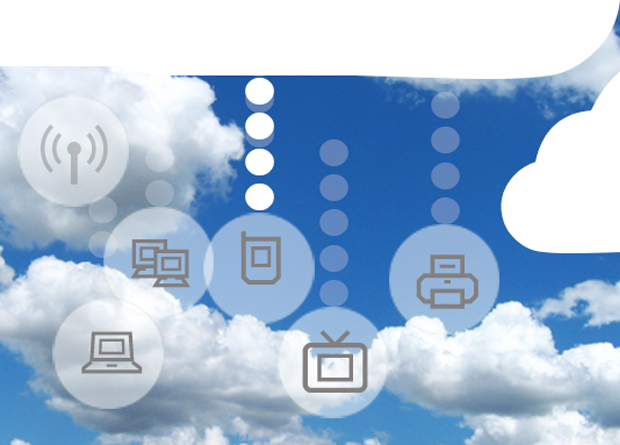On a free public network or event at home, using public Wi-Fi means potentially sharing credit card numbers, passwords, and other sensitive personal information that leaves consumers vulnerable to criminals. With cybercrime costing Americans alone some $800 million in 2015, the AARP Fraud Watch Network urges consumers of all ages to “Watch Your Wi-Fi”.
“Free public Wi-Fi is just that – free and public,” said AARP Communications Manager Gerardo Cardenas. “This means any criminal can see what you’re doing when you’re connected, leaving your passwords, usernames, account numbers, and other sensitive financial and personal information exposed and vulnerable.”
Countless individuals connect every day to public Wi-Fi at the gym, a hotel, a coffee shop, or many other public spaces. The risk involved is that all the information that individuals are transferring between their devices and the computers they are accessing is easily tapped into by anyone who is on the same network.
Here’s what you can do to protect yourself: Bottom line: Don’t access or send sensitive information when you’re on free public Wi-Fi. If you find you use public Wi-Fi regularly, play it safe and sign up for a Virtual Private Network (VPN) that keeps your data secure.













































































































